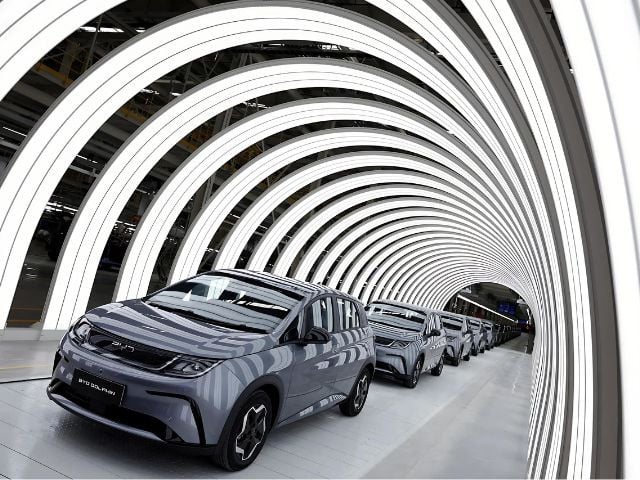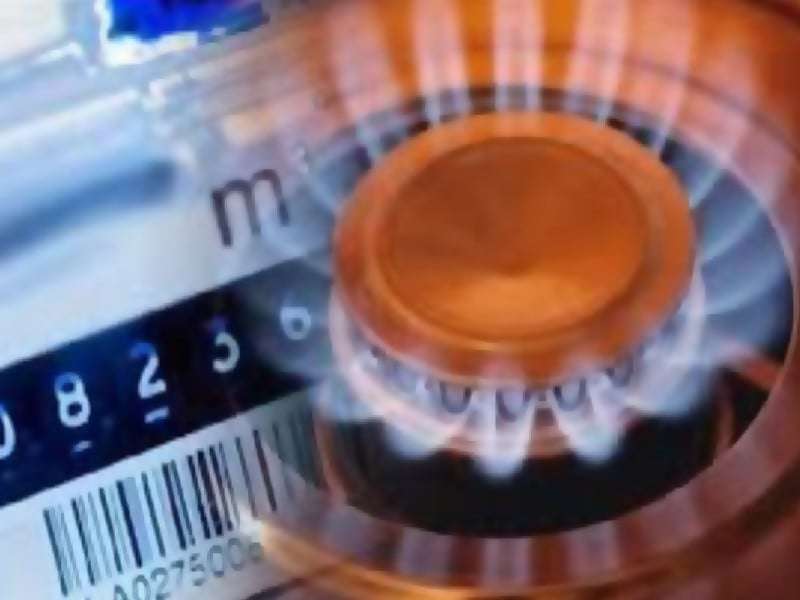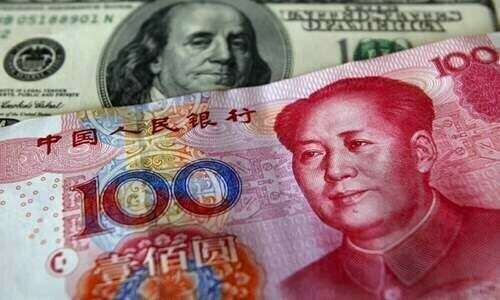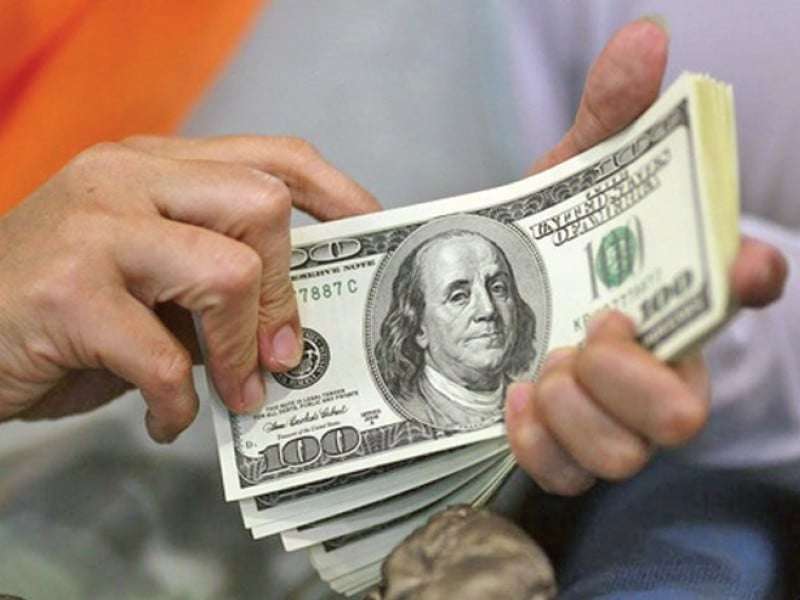KARACHI: The European Union (EU) has imposed hefty taxes on Chinese electric vehicles (EVs) in a move that reveals a deep-seated protectionist impulse, potentially undermining cooperation between China and the EU.
Cheaper EVs and other Chinese products pose a serious threat to the EU and the US, where Chinese-made EVs are becoming more popular compared to their pricier European and American counterparts. After a two-year struggle, the EU has decided to take stringent measures to protect its struggling industry.
The 27-nation EU bloc has implemented duties to curb the dominance of Chinese EVs, which threaten the industries of the EU and the US. These duties are expected to come into force on October 31 and will last for at least five years.
Auto sector expert and dealer Mohammad Sabir Shaikh noted that China has introduced genuine regulations after extensive research and development (R&D) in EVs. Unlike in the past, the Chinese are now recognized as innovators rather than mere producers of replicas.
Chinese products are cheaper due to the country’s capability for mass production and lower labor costs compared to the West. With a massive industry and production capacity, China has captured large domestic and international markets, engaging in stiff competition with the EU and the rest of the world.
For the last 50 years, Europe, Japan, the US, and Canada dominated global markets for fuel-driven vehicles. However, China’s EVs and motorbikes are now taking over the markets with their exciting and durable features.
France24 television network reported that Beijing’s commerce ministry stated that EV tariff discussions in Brussels ended with significant differences. Representatives from Beijing and the European bloc have held eight rounds of talks in Brussels since September 20.
“There are still major differences between the two sides,” a ministry statement said, inviting EU negotiators for further discussions. Despite being major economic partners, the two sides have clashed over Beijing’s generous subsidies for its domestic industries. Brussels argues that these subsidies undermine free competition principles and drive down the prices of Chinese exports, undercutting European competitors.
On October 4, the EU voted to increase tariffs on EVs to as high as 45%, arguing that Beijing provides unfair and substantial subsidies to its carmakers. China dismissed this claim and threatened to impose its own tariffs on European dairy, pork, and automobile sectors.
The Chinese government views these tariffs as a “naked protectionist act.” Beijing has consistently denied the existence of state subsidies, calling the EU investigation findings “artificially constructed and exaggerated.”
International trade expert and auto analyst Aadil Nakhoda stated, “This will definitely impact global trade in EVs as the EU imports more than 50% of Chinese EVs supplied in the international market. It will increase the cost of Chinese EVs in the EU given that they are 30-40% cheaper than European EVs.”
About 20% of the EVs in the EU are Chinese, which is likely to significantly impact market share distribution as tariffs rise. The proposed duties of up to 45% will cost carmakers billions of extra dollars to bring cars into the bloc, creating several disruptions, given that Chinese EVs are among the cheapest even without considering government subsidies.
This move is also likely to slow the rate of technological evolution in the EV sector, as the largest and most efficient suppliers face immense restrictions in their most important market. The European Commission said it would challenge China’s tax at the World Trade Organization (WTO), calling it an “abuse” of trade defense measures.
Retaliatory tariffs are common in trade wars. For instance, when the US imposed tariffs on Chinese imports, China retaliated with tariffs on US agricultural imports. EU exports of meat, cognac, and other goods are likely to be impacted if China retaliates in this case. At the WTO, parties must prove that tariffs result from government interventions with unfair practices, making retaliatory tariffs hard to justify in dispute settlement courts.
While the EU is likely to argue that China uses unfair government support to gain an advantage, China must prove that its EVs are cheap despite these interventions. Trade wars rarely benefit either side, as investments in exports can lead to efficiency improvements that enhance product quality. However, Pakistan could benefit from this situation if high tariffs increase the surplus supply of EVs while China continues to offer subsidies to its producers, similar to solar cell manufacturers.



